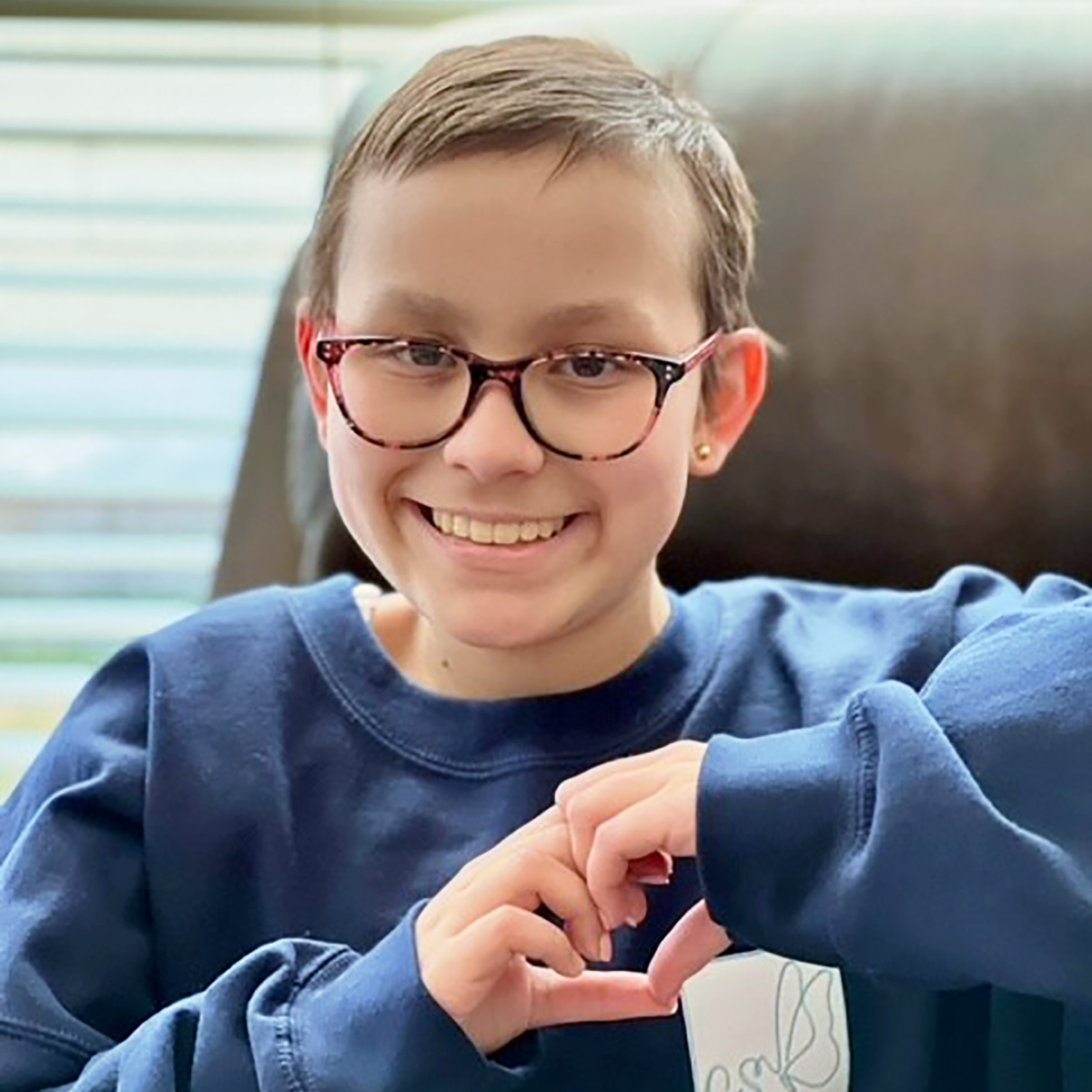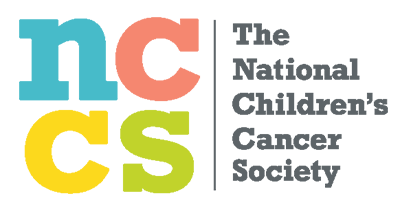When a parent first hears of their child’s cancer diagnosis, they may be reluctant to share the realities of the disease with their child in an effort to protect them from painful emotions. However, children are very in tune with their caregivers and can sense when something feels “off.”
If parents hide children from the realities of their treatment, the children may make assumptions or use their imagination – which may be worse than the truth. This lack of honest communication may cause distrust, and the child may shut down and not communicate how they truly feel emotionally or physically, which can hinder treatment. Therefore, it is vital for parents to be open and honest with their children throughout the treatment process.
How to Share the News
Informing your child about their cancer diagnosis requires thoughtful and gentle communication, it may be helpful to seek guidance from your child’s medical team, such as a doctor, nurse, child life specialist or social worker. What’s important is that you share the situation in simple and age-appropriate language, avoiding medical jargon. Open communication with your child’s sibling is also very important. Reassure them that their feelings are normal, and encourage them to ask questions. Regardless of the method, parents should trust their instincts. You know your children best.
Meet Them at Their Level
All children process information differently. A child’s level of comprehension can vary depending on the child’s age, development stage, and personality. Parents should consider those factors when communicating with their children about their diagnosis and throughout treatment. It is important to consider when and how much information to share at one time. Take note of your child’s reaction and allow them time and space to share their honest feedback or questions. St. Jude Research Hospital offers resources on age-appropriate information and a list of child-friendly definitions parents can use to help their children comprehend medical terminology.
Overcome Communication Barriers
Throughout treatment, families face barriers from various sources that can hinder effective communication with their children. They can be overwhelmed with confusing and difficult-to-understand medical jargon. They may also have distractions, stress, or strong emotions that make it difficult to process the information given to them. All of these factors can make it challenging to relay information back to children or other family members.
It’s important to consider how to share the information with children – and how much of it should be shared. Try sharing general information first and keep it as simple as possible. Further explanations or more details can be shared over time so the children don’t feel overwhelmed. Listen to your child’s needs – allow them to lead the conversation and give them space to share their feelings and ask questions. Children should feel safe to ask questions and confident that they’ll get truthful answers.
Tips from Survivors

Less than 10 months after her initial diagnosis, Caitlin was diagnosed with a secondary cancer, leukemia. Jessica was faced with having to figure out how to share a second devastating diagnosis with her daughter. “It was hard to have to tell Caitlin she had an initial cancer diagnosis, but when she was diagnosed with a secondary cancer months later, I couldn’t tell her,” Jessica admitted.
Jessica used her resources and relied on the children’s hospital’s medical team to help share the information with Caitlin. The team stepped in and provided Caitlin with the details of her diagnosis, comforting and emotionally supporting both Caitlin and her mom. Jessica is grateful to her family, friends, and medical team for their help and support. “They have all loved us, hugged us, cried with us, laughed with us, and supported us through the good times and bad,” she said.
Jessica wants families going through treatment to know that they are not alone. “There are better days ahead, and (you) have to keep fighting. Lean on support groups and resources that are available – they will always be there for you.”
For more resources about communication during treatment and throughout survivorship, please refer to the NCCS’s publication, The Other Side of the Mountain: A Parent’s Guide to Surviving Childhood Cancer. Parents and caregivers may also consider joining our Facebook support group.

